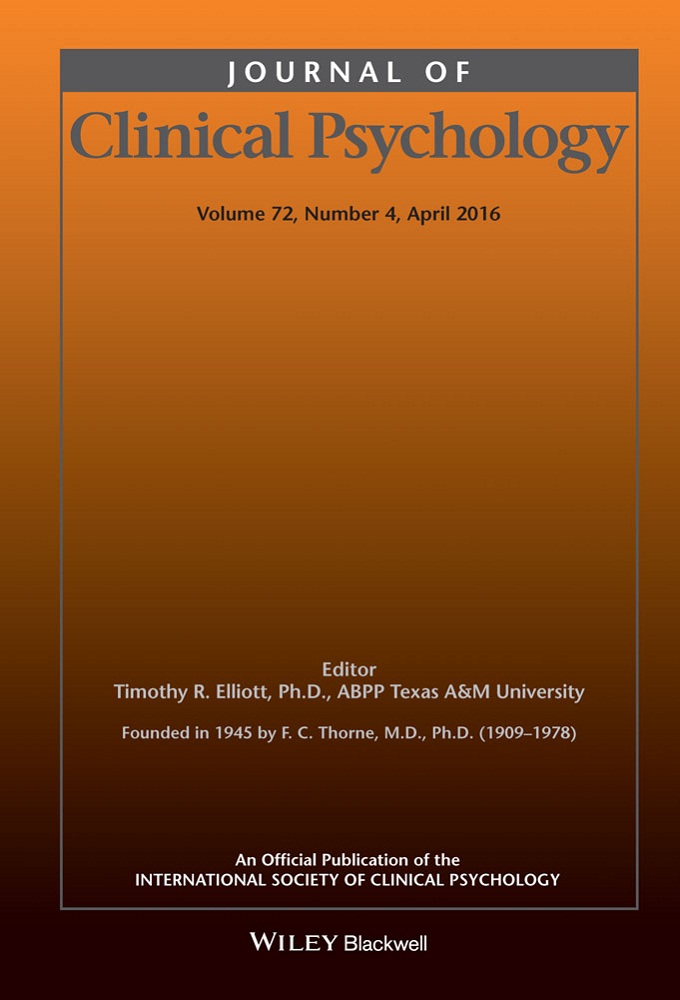Predictors of Depression Treatment Response in an Intensive CBT Partial Hospital
Abstract
Objective
Despite the effectiveness of cognitive behavioral therapy (CBT) for depression, a significant number of patients do not respond. Data examining predictors of treatment response in settings in which CBT is delivered naturalistically are lacking.
Method
Treatment outcome data collected at a CBT-based partial hospital (n = 956) were used to examine predictors of two types of treatment response: (a) a reliable and clinically significant change in depressive symptoms and (b) a self-rating of “very much” or “much” improved. In multiple logistic regression models, we examined predictors of response in the total sample and separately for patients with a primary diagnosis of major depressive disorder (MDD) versus patients with other primary diagnoses.
Results
In the total sample, higher treatment outcome expectations and fewer past hospitalizations predicted clinically significant improvement in depression symptoms, and higher treatment expectations and ethnoracial minority background predicted global improvement. In patients with primary MDD, higher treatment outcome expectations and being referred from the community (vs. inpatient hospitalization) predicted better depression response, and higher treatment outcome expectations predicted global improvement. In patients with other primary diagnoses, higher treatment outcome expectations and fewer borderline personality disorder traits predicted depression reduction, and higher treatment outcome expectations, less relationship difficulty, and female gender predicted global improvement.
Conclusions
Results are generally consistent with data from randomized controlled trials on longer term outpatient CBT. Interventions that increase treatment expectancy and modifications to better target men may enhance treatment outcome. Future research should include objective outcome measures and examine mechanisms underlying treatment response.




